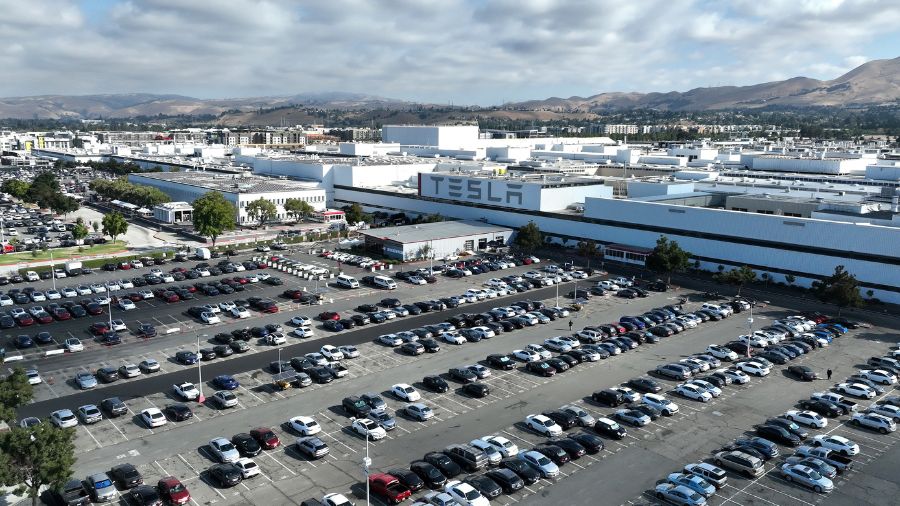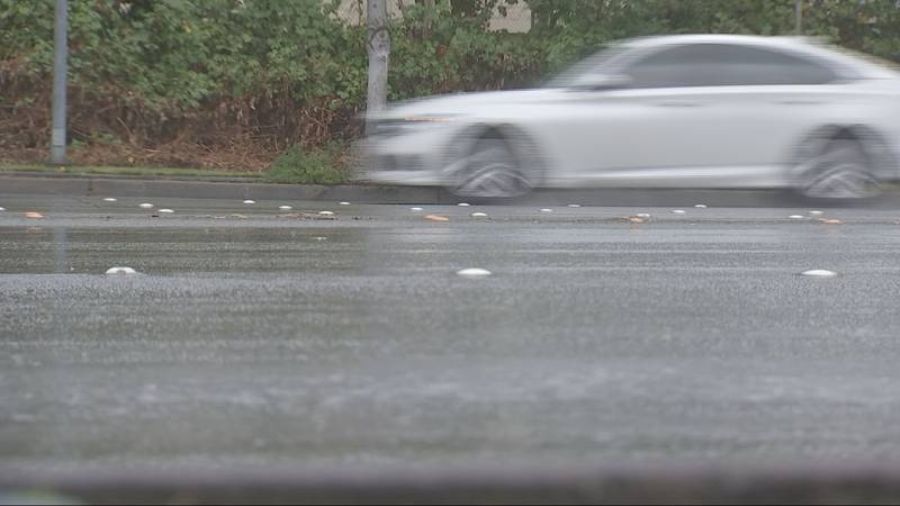Geofencing warrants use data to catch criminals, but concerns over privacy
Aug 7, 2020, 2:17 PM | Updated: Aug 9, 2020, 8:12 am
If you’re trying to catch a burglar or a bank robber, it might be handy to have a bird’s eye view data-wise of everything that happened around that location. That’s what geofencing warrants are about. Former state Attorney General Rob McKenna joined Seattle’s Morning News to explain why this has become so controversial.
“A geofence warrant allows the government to work backward, as opposed to the typical or traditional warrant where you identify a particular suspect in advance of the search. The warrant is used to narrow down a long list of people to the potential suspect, and it does that by requiring a company like Google to disclose anonymized location records for any devices that were in a certain area during a specified time period, like a smartphone,” he said.
“This is becoming an increasingly common technique that police use because there’s so much location data that companies like Google are collecting.”
Economist: COVID crisis could bring ‘significant spike in homelessness’ to Puget Sound
But if you do that, what Google turns over is for a certain time period, presumably the time period before and after the crime involving every cell phone within the immediate area.
“In the case of a man named Chatrie who was arrested for bank robbery in Virginia — robbery that occurred in May of 2019 and got away with nearly $200,000 — the surveillance footage didn’t get a look at his face. They could tell that the perpetrator was holding a cell phone to his ear as he entered the bank,” he said.
“So about a month after the robbery occurred, state law enforcement obtained a geofence warrant from a state judge. The warrant authorized a three-step process, which allowed the law enforcement to take these steps without further traditional approval and to compel Google to produce increasingly detailed data on certain suspects … Based on the probable cause they asserted that the suspect was holding a phone and a lot of phones are Android devices or other devices that upload location data when people opt into that.”
UW study: Parentese most effective method for teaching toddlers language
The underlying concern is that something like this might inadvertently rein in an innocent person and make them hire a lawyer just to prove their innocence. Is there a danger of that happening with this?
“There is always a danger. There’s a danger of relying on eyewitness accounts. There’s also, however, an opportunity to clear some people’s names, so it might be more precise than relying on eyewitness account in some cases,” he said.
“The key issue here from a constitutional standpoint is did this individual Chatrie have a legitimate expectation of privacy in the location data that the government obtained from Google? … It all comes down to whether or not the government has an adequate reason, probable cause to take these steps. And here, the government argues in the Chatrie case that they did have probable cause because they had footage of the perpetrator holding a phone entering the bank.”
Listen to Seattle’s Morning News weekday mornings from 5 – 9 a.m. on KIRO Radio, 97.3 FM. Subscribe to the podcast here.















